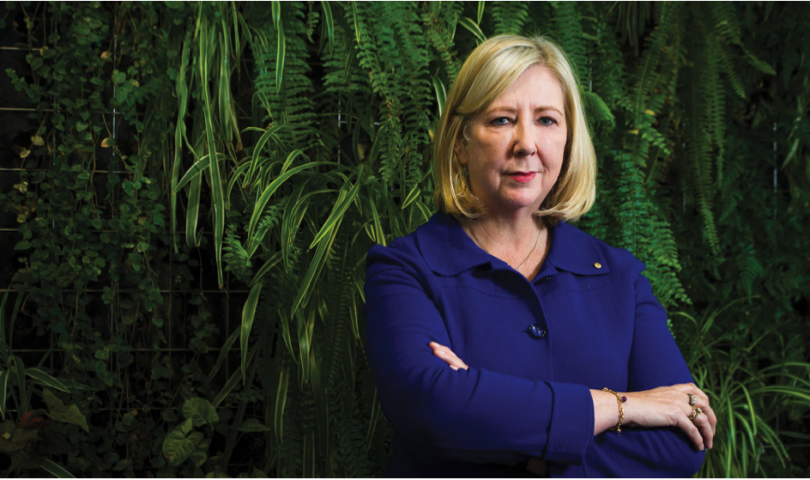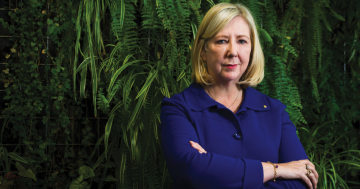
ACT Human Rights Commissioner Dr Helen Watchirs. Photo: ACT HRC.
Complaints to the ACT Human Rights Commission (HRC) have not only increased but are becoming more complex to handle, according to Human Rights Commissioner Dr Helen Watchirs.
Complaints about discrimination rose by 25 per cent and complaints about health services by 27 per cent in the 2019-20 financial year while more than 700 children reached out to the Children and Young People Commissioner’s office.
One woman received $40,000 from her employer after alleging that she was being paid less than her male coworkers. The woman claimed that she was treated less favourably and was subject to sexual harassment.
The father of a child diagnosed with mild autism and ADHD told the Commission his son was rejected from a religious school because of an incident the school deemed as violent. The school’s principal said enrollment was not possible due to the need for adjustments.
The school apologised and allowed the young student to transfer after a conciliation process.
The HRC also recorded a 31 per cent increase in people registering for the Victims Services Scheme which provides both clinical and non-clinical support for Canberrans who have been victims of crime.
COVID-19 played a large part in the increase in complaints, Discrimination, Health Services, Disability and Community Services Commissioner Karen Toohey said.
Complaints to Commissioner Toohey jumped to almost 830, a 64 per cent increase compared to the last four years. Discrimination complaints increased by more than 70 per cent in the same timeframe.
“A common theme arising from these complaints was providers in aged care, retirement villages, schools and health services enforcing measures more restrictive than those required by the ACT Chief Health Officer,” Commissioner Toohey said.
“We received a number of complaints relating to unreasonable limitations on visitors to health services and retirement villages. Concerns were also raised about bans on family visits in aged care facilities and in-home care providers restricting or ceasing services to clients with a disability.
“We saw an increase in concerns about racism and discrimination against temporary visa holders in accommodation, employment, public places and online. We also had concerns raised by frontline workers and their families about being refused services such as transport or childcare.”
Victim Support ACT (VSACT) provided help to 2,150 people – a 27 per cent increase on last year – while the Aboriginal and Torres Strait Islander program experienced a 47 per cent increase in demand.
The surge of cases reinforced the HRC’s call for a Charter of Rights for Victims of Crime within the ACT Human Rights Act.
Legislation introduced to the Legislative Assembly earlier this year would amend the Act to outline minimum requirements about how a victim of crime should be treated and what information they are able to access.
Throughout 2019-20 the Commission also focused on raising the age of criminal responsibility to 14, highlighting the need for external review of care and protection decisions and the enhanced protection of older people and people with a disability through a new abuse complaints system.



















